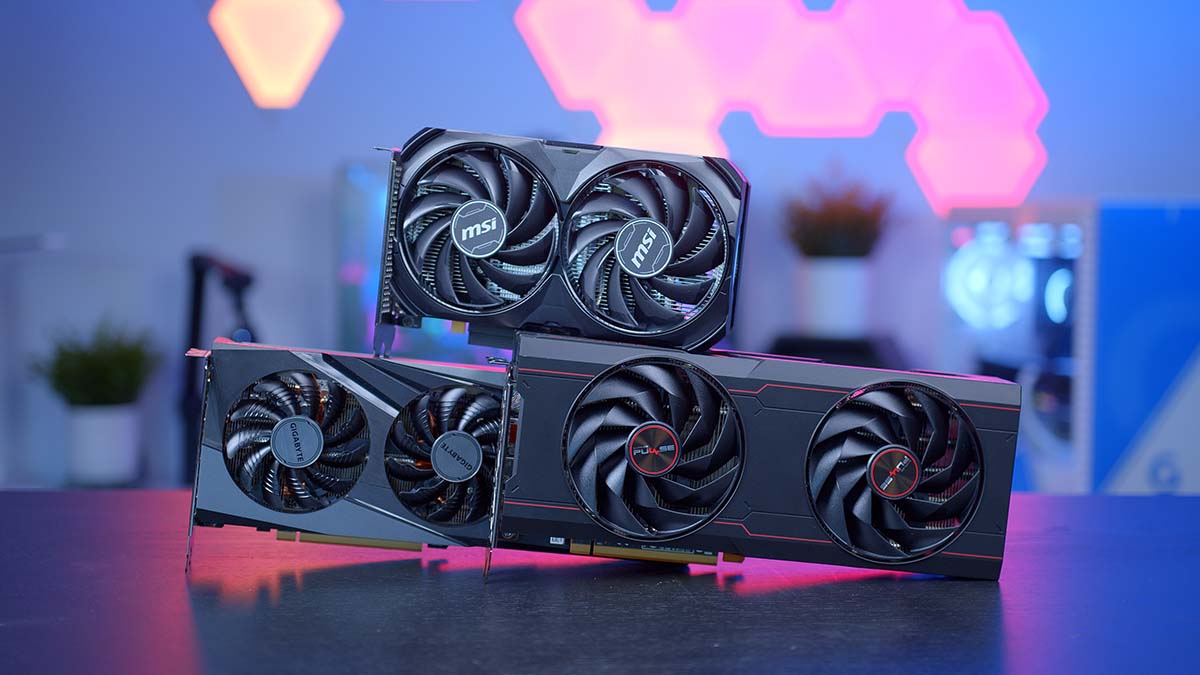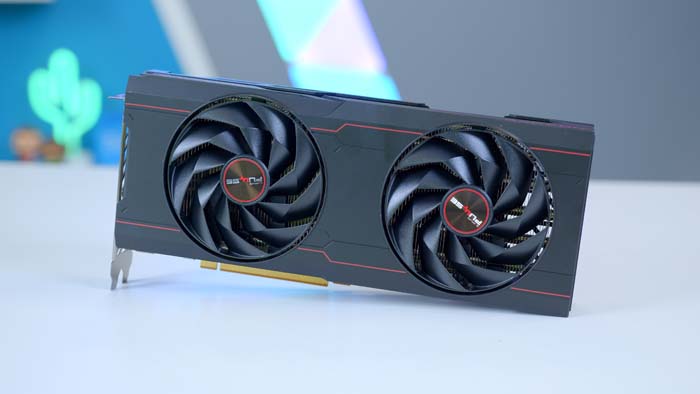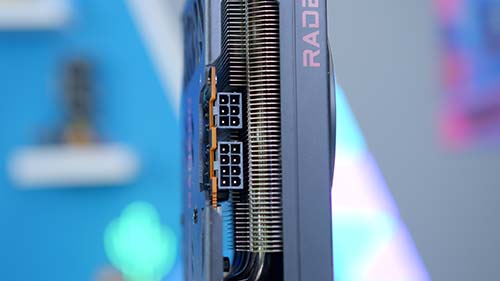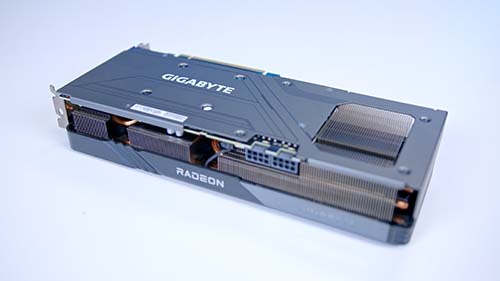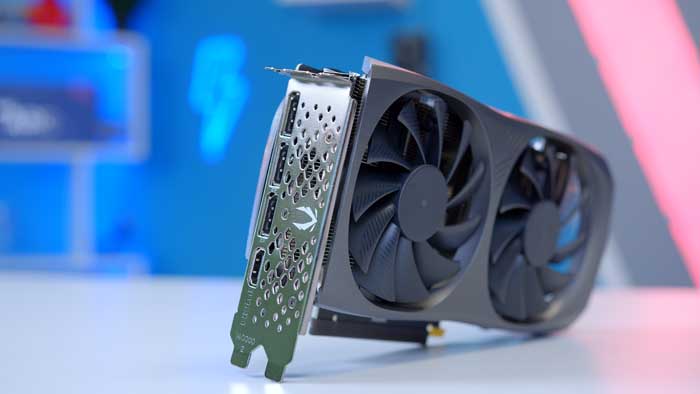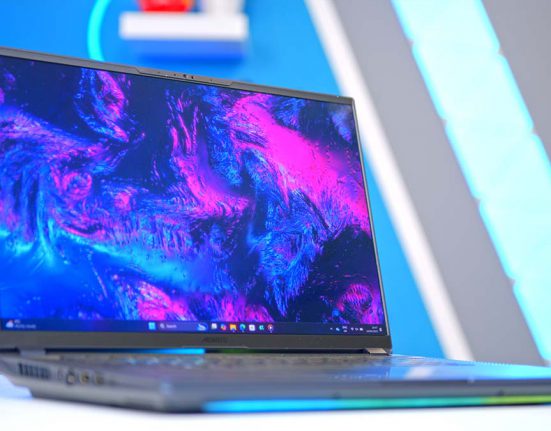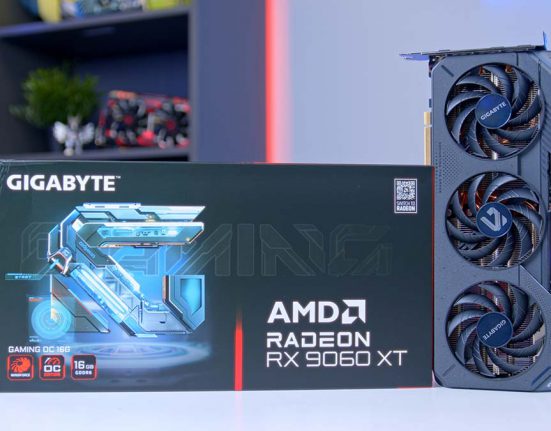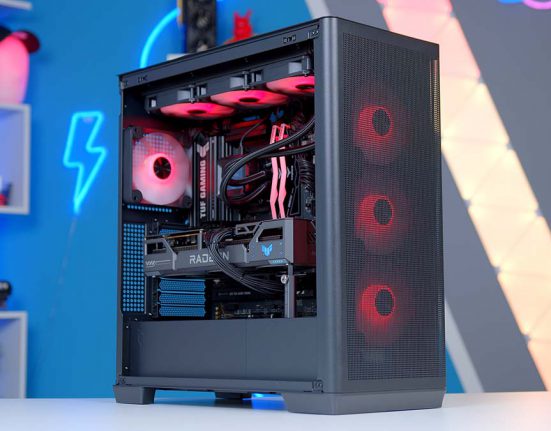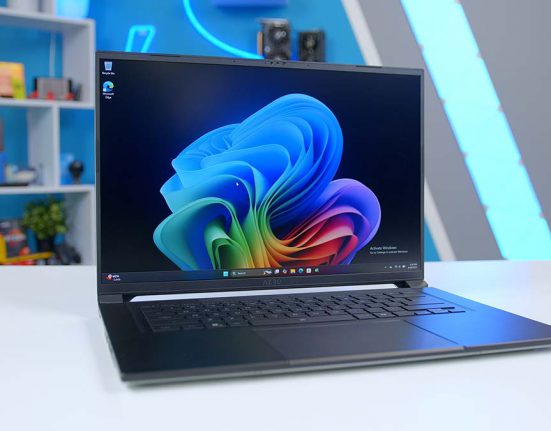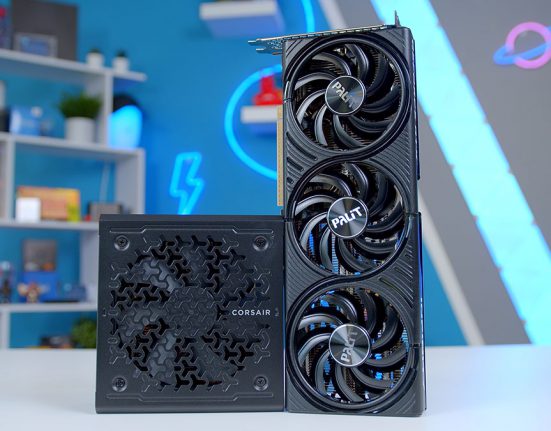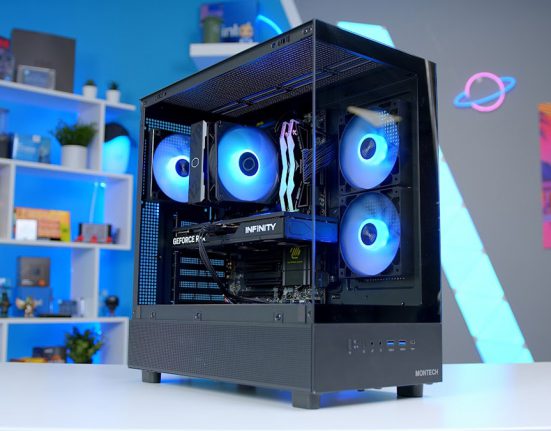Introduction
For many buyers, $400 is considered a sweet spot for a graphics card. While it’s not going to get you a GPU that runs every title at maximum settings, it is enough for a solid mid-range card that’ll be a beast at 1080p, with respectable performance at 1440p to boot. That is why in this buyers guide, we’ve tested a variety of GPUs that sit under the $400 mark to figure out which options offer gamers the best bang for their buck.
We’ve tested cards from NVIDIA, AMD an Intel, and you can learn more about how we test GPUs (graphics cards) here.
The Best Graphics Cards Under $400
1. AMD Radeon RX 6750 XT
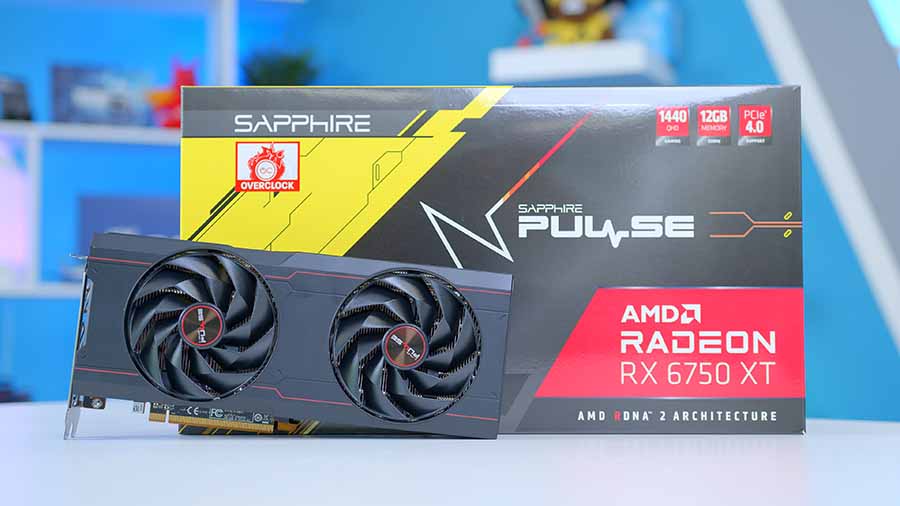
For a number of years, AMD’s RX 6750 XT has arguably been one of the best value for money offerings for gamers. Whilst the subsequent arrival of Radeon 7000 series GPUs has caused this card’s value to depreciate, several price cuts have allowed the RX 6750 XT to sneak under $400 and remain competitive with other GPUs targeting 1440p gameplay.
| Key Specs | AMD Radeon RX 6750 XT |
|---|---|
| Video Memory Capacity | 12GB GDDR6 |
| Memory Bus | 192-bit |
| Core Clock Speed | 2.15GHz |
| Boost Clock Speed | 2.6GHz |
| Stream Processors | 2560 |
| Ray Accelerators | 40 |
| Power Consumption | 250W |
| MSRP | $349 |
In terms of performance, the RX 6750 XT is great at 1440p gaming, providing plenty of frames in most titles. It can handle modern titles and provide at least 60 FPS across the board at 1440p. It’s also a powerhouse at 1080p, offering high frame rates in Esports titles. In fact, this GPU is better at handling 1440p gaming than most RTX 4000 and Radeon 7000 available for a similar price point, mainly due to the 12GB VRAM.
However, there are some weaknesses to this older generation design. Whilst FSR helps to elevate the visual quality and performance of games, this technology is not as great as its NVIDIA counterpart, DLSS. On top of this, the 6750 XT is from a previous generation of cards, which makes it harder to find from retailers.
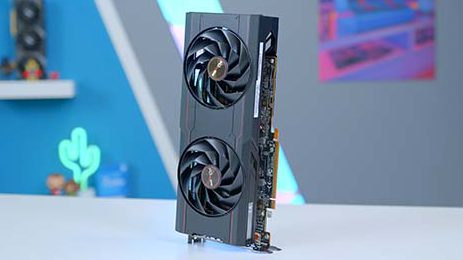
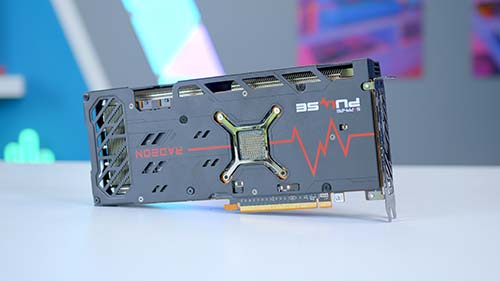
2. AMD Radeon RX 7600 XT
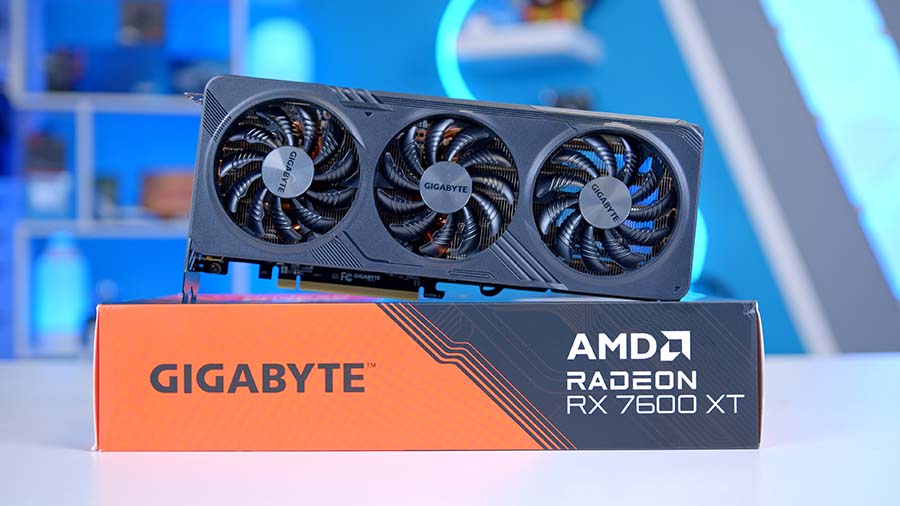
The AMD Radeon RX 7600 XT is simply one of the best graphics cards for anyone building a 1080p gaming PC, as it offers plenty of speed and video memory to handle the most demanding titles at lower resolutions. With 16GB of VRAM, along with high clock speeds, the RX 7600 XT will have no issues providing competitive frame rates at 1080p, along with ample performance at 1440p in select titles.
| Key Specs | AMD Radeon RX 7600 XT |
|---|---|
| Video Memory Capacity | 16GB GDDR6 |
| Memory Bus | 128-bit |
| Core Clock Speed | 2.47GHz |
| Boost Clock Speed | 2.75GHz |
| Stream Processors | 2048 |
| Ray Accelerators | 32 |
| Power Consumption | 190W |
| MSRP | $329 |
After the positive reception of the RX 7600 having the grey cloud of 8GB VRAM hanging over it, the RX 7600 XT eliminates this issue, whilst also bumping up the clock speeds. This leads to a small increase in frame rates over the non-XT variant, which comes at the cost of a higher price point.
Despite being a strong choice for 1080p gaming, there a re a number of weak spots that makes the RX 7600 XT less than ideal for those wanting to bump up the resolution to 1440p. Firstly, AMD’s FSR upscaling technology is less impactful than NVIDIA’s DLSS, leader to weaker ray tracing performance. On top of this, the RX 7600 XT has the same amount of stream processors and accelerators as the RX 7600, which limits this card’s ability to bolster gaming performance.
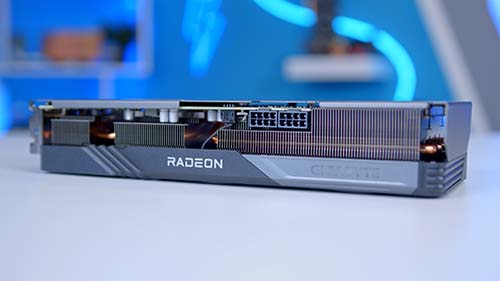
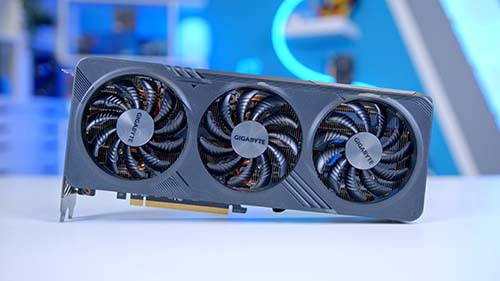
4. NVIDIA GeForce RTX 4060 Ti
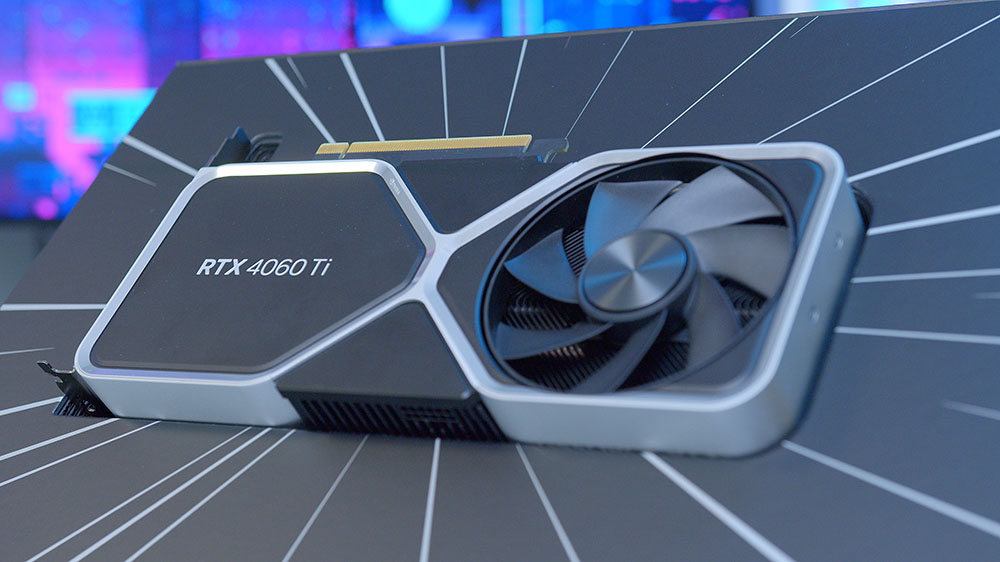
For those interested in picking up a budget-friendly graphics card from NVIDIA, then the RTX 4060 Ti is the best choice available for less than $400. Like many of the graphics cards in the RTX 4000 series line-up, the RTX 4060 Ti puts a heavy emphasis on ray tracing and upscaling, leading to a luxurious 1080p gaming experience.
Thanks to the integration of DLSS 3.0, the RTX 4060 Ti receives bolstered ray tracing performance, as well as a significant bump in frame rates. This results in top-tier 1080p gameplay that is more visually striking than most budget-friendly graphics cards.
| Key Specs | NVIDIA GeForce RTX 4060 Ti |
|---|---|
| Video Memory Capacity | 8GB GDDR6 |
| Memory Bus | 192-bit |
| Core Clock Speed | 2.31GHz |
| Boost Clock Speed | 2.53GHz |
| CUDA Cores | 4352 |
| RT Cores | 34 |
| Power Consumption | 160W |
| MSRP | $399 |
But be warned, this graphics card comes with plenty of caveats. Firstly, there are plenty of GPUs at a similar price point that will offer better value for money, so we’d only recommend considering the RTX 4060 if you’re adamant on picking up a NVIDIA card. Secondly, the 8GB VRAM is likely to cause issues in more demanding titles. What makes this more baffling is that there are plenty of NVIDIA’s previous-gen offerings with more VRAM, making the RTX 4060 Ti a downgrade in this department.
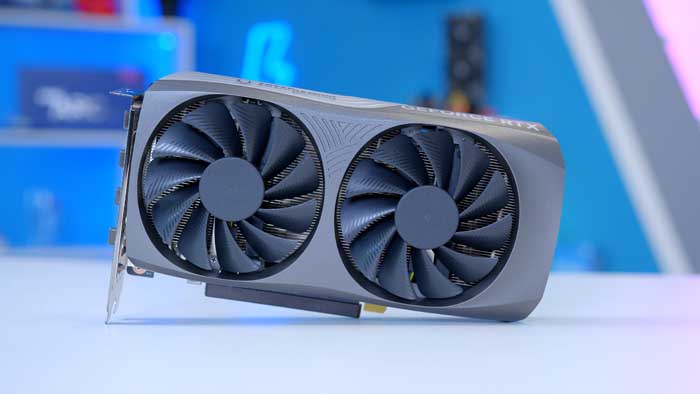
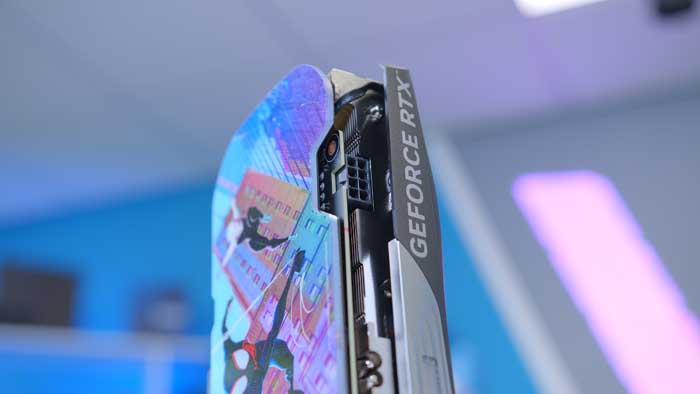
How We Tested the Best Graphics Cards Under $400
When it comes to testing a graphics card, we run a series of benchmarking tests in the latest titles to determine their performance at various settings. These results are then compared to other graphics cards, which is also weighed up with other factors that influence our final decision, such as:
- Performance
- GPU Length
- Upscaling Performance
- Thermals
- Aesthetic
- Value for Money
For further details on how we test our GPUs, check out our full testing procedures for graphics cards.
Frequently Asked Questions
Is $400 Enough to Spend on a Graphics Card?
$400 is more than enough for a good-quality GPU that will run the latest games at 1080p and 1440p resolutions .
Is Case Clearance An Issue for Budget GPUs?
No. Most budget-friendly graphics cards opt for a dual-fan design, which will be able to fit into most PC cases without any issues.
Can I Use Ray Tracing on a Budget GPU?
Whilst it’s possible to enable ray tracing on most modern GPUs, entry-level cards will struggle to run these settings without hindering performance.


